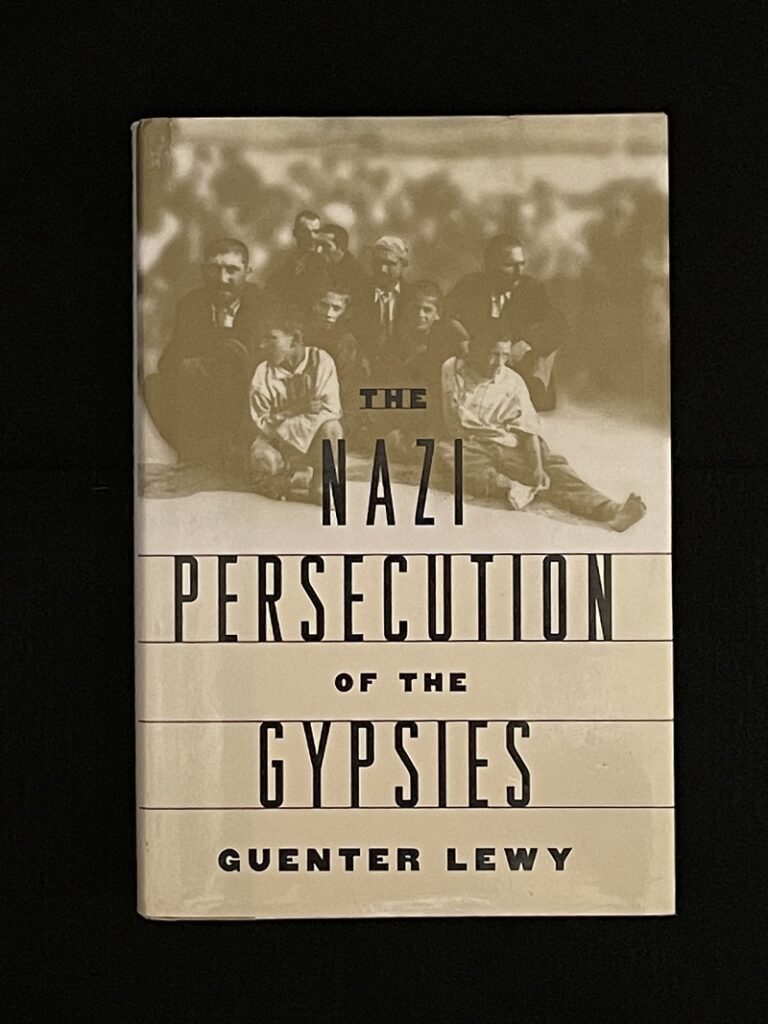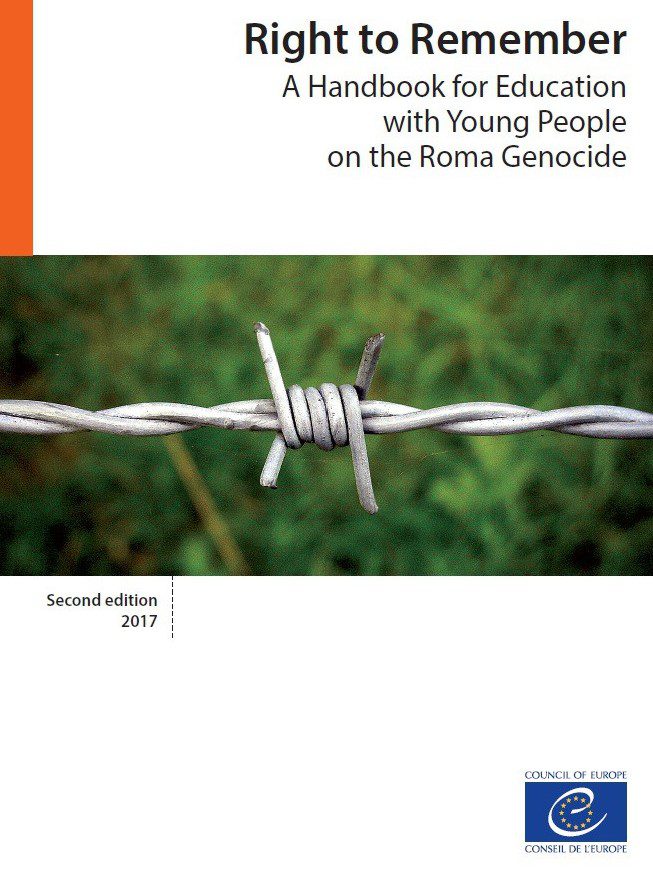Sinti and Roma Holocaust Memorial

“To this day the persecution of the Gypsies under the Nazi regime remains one of the most neglected chapters in the history of that fateful era. There are many reasons for the prolonged failure to pay attention to this topic. The suffering of the Gypsies was overshadowed by the massive tragedy of the Jewish people, which received extensive coverage during the Nuremberg Trials and in the documentary record created by these lengthy proceedings. By contrast, the persecution of the Gypsies was barely mentioned and not a single Gypsy was called to testify before the various tribunals.” – Author Guenter Lewy
You Are Not Forgotten



Photo By: European Holocaust Memorial Day for Sinti and Roma





Roaming the countryside in caravans, earning their livings as musicians, peddlers, and fortune-tellers, the Gypsies and their elusive way of life represented an affront to Nazi ideas of social order, hard work, and racial purity. They were branded as “asocials,” persecuted and eventually herded into concentration camps where many thousands were killed. But until now the story of their persecution by the Nazis has either been distorted or overlooked. In The Nazi Persecution of the Gypsies, Guenter Lewy draws upon thousands of documents- many never used- from German and Austrian archives to create the most comprehensive and accurate picture available of the fate of the Gypsies under the Nazi regime.

A major new history of the genocide of Roma and Jews during World War ll and their entangled quest for historical justice. Jews and Roma died side by side in the Holocaust, yet the world did not recognize their destruction equally. In the years and decades following the war, the Jewish experience of genocide increasingly occupied the attention of legal experts, scholars, educators, curators, and politicians, while the genocide of Europe’s Roma went largely ignored.
Right to Remember is a self-contained educational resource for all those wishing to promote a deeper awareness of the Roma Genocide and combat discrimination. The handbook is based on the principles of human rights education, and places remembrance as an aspect of learning about, through and for human rights. The Roma Genocide carried out before and during the Second World War has deeply impacted on Roma communities across Europe and plays a central role in understanding the prevailing antigypsyim and discrimination against Roma.








